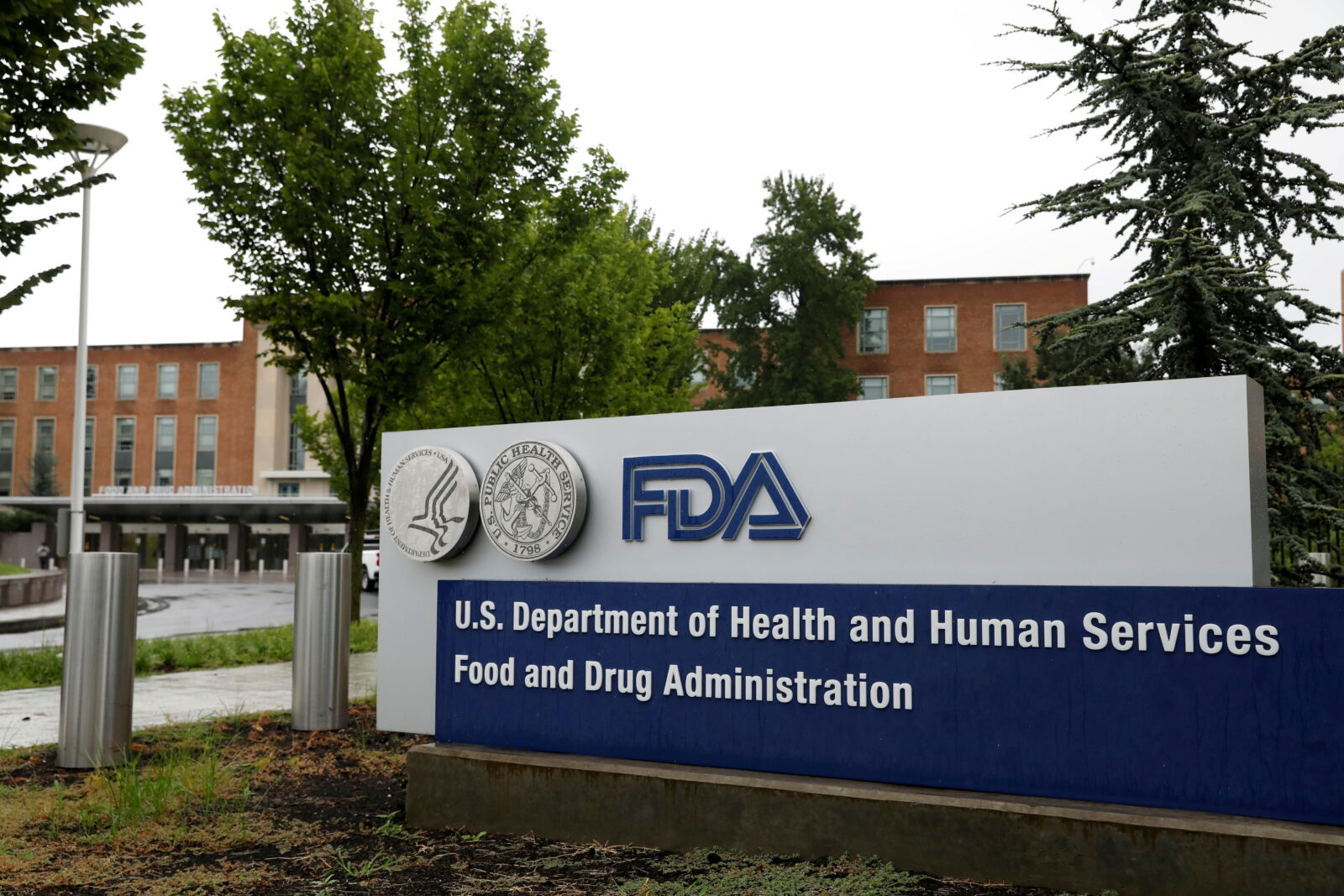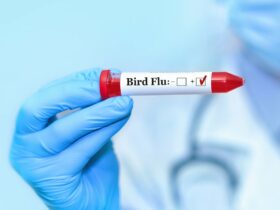United States: The FDA has moved a big step forward by making a new regulatory rule which makes the accuracy, reliability and safety of medical tests to be higher. Increasingly, uncertainties with regards to the risks of false test results have arisen, thus this measure is intended to boost the public confidence by testing for different health conditions like cancer, heart disease, Covid-19, and genetic disorders, as reported by Associated Press.
New Tests Should be Submitted to a Tougher Scrutiny and Better Examination
The grandfathering provision will still be applicable to existing tests. However, manufacturers of new tests will have to prove the efficacy and reliability of their tests within a designated four-year timeframe. This choice demonstrates the FDA’s careful consideration of both the regulation overseeing process and the urgency to provide diagnostic materials availability. The FDA, in receiving novel tests to rigorous evaluation, seeks to minimize any threat to patient health whilst at the same time maintaining the on-going advancement in medical testing sphere.
Industry Reacts and Considers Implications
It is not surprising that the reviewing of the FDA has caused a lot of mixed reactions from the people who are involved in the medical testing industry. Whilst others are in support of the initiatives deployed by the regulator to guard against risks of patient safety, some others are of the view that the consequence of innovations and the affordability of healthcare will be adversely affected. This debate underlies the intricate interaction of regulation, innovation and patient care in an ever-changing healthcare environment marked by fast-moving production cycle, as reported by Associated Press.
Analyzing Healthcare Delivery and Technological Change

At present, there are about 80,000 medical tests recognized from different laboratories which are operated all over this country. The future of diagnostic testing in the US is likely to be new FDA guidelines. The agency strives to stress upon the significance of accuracy, reliability, and patient safety to guarantee delivery of excellent healthcare services with the aid of still on-going changes in diagnostics technology. Moving forward, the major actors will have to communicate frequently to be able to implement this regulatory change successfully and maintain the highest standard globally when it comes to patient care for the continuum of healthcare.







Leave a Reply